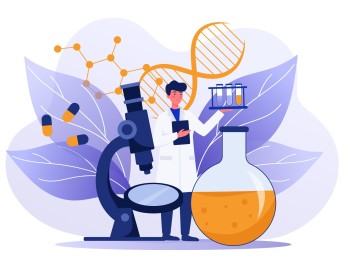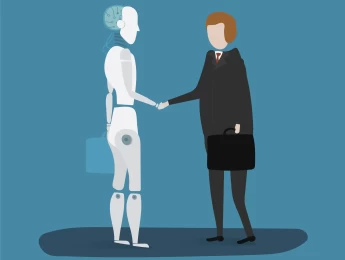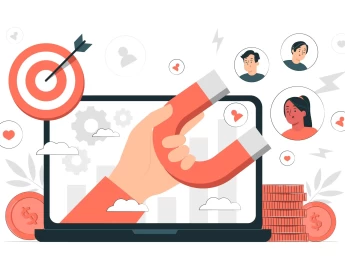In the era of digital transformation, healthcare is evolving into a smarter and more efficient field than ever before. Innovation is no longer limited to medical treatments and pharmaceuticals; it now extends to intelligent systems that streamline access to medical data, enhance diagnostic accuracy, and provide more personalized patient care. Technologies such as artificial intelligence, big data analytics, and telemedicine are revolutionizing the way healthcare services are delivered, improving quality while reducing costs. As this rapid evolution continues, understanding how to effectively integrate these advancements becomes essential for creating a more connected, secure, and accessible healthcare system for all.
Upon completion of this course, participants will be able to:
- Learn how essential technology is to healthcare.
- Explore smart apps and interconnected medical record keeping.
- Understand accessibility issues and how to handle them.
- Learn communication media – getting the word out there.
- Implement new strategies and analyse their success.
- Enhance efficiency and productivity with diagnoses.
- Manage change and staff training.
This course focuses on developing a successful and productive healthcare system that works efficiently for medical professionals and patients. It would be perfect for people involved in the operational running of healthcare organisations or the medical professionals learning to use and provide constructive feedback and move forward into the technological age.
- Operations Management
- Quality Officers
- CIO and Heads of Department
- Patient Safety Officers
- Nurses and Carers
- Data Analysts
- General Practitioners
This course addresses supporting innovation in the healthcare sector and managing changes. It uses real case studies and examples, displays current data, and discusses project plans and strategies.
It involves presentations, group projects, and knowledge-based activities to utilise creative thinking techniques, develop actionable proposals, and understand the potential impacts.
Day 5 of each course is reserved for a Q&A session, which may occur off-site. For 10-day courses, this also applies to day 10
Section 1: Why is Innovation Required?
- The current issues with healthcare management.
- Why is the current digital solution unfit for purpose?
- Where are the pain points that need urgent fixes?
- What are the benefits of updating technology within healthcare?
- Previous changes and their benefits and impacts.
- Trends - what are people asking for?
Section 2: Where is Technology Needed within Healthcare?
- Diagnosis support.
- Clinical decision making.
- e-health (app-based support)
- Consumer health informatics.
- Digital hospital service.
- Remote consultations.
- Audio and video conferencing.
- Looking to the future.
Section 3: Designing New Systems
- Policy management.
- Virtual reality.
- Telehealth, telemedicine, and tele-coaching and rehabilitation.
- Engineering and development support.
- Branding and project planning.
- Mobile technology.
Section 4: Analysing Results
- Data gathering and storage.
- Reviewing trends and assessing meaning.
- Drawing conclusions and developing a project plan.
- Requesting and accepting feedback.
- Acting on feedback to work towards continuous improvement.
Section 5: Impacts to Consider
- Reviewing financial implications.
- Considering system changes.
- Barriers to success.
- Resistance and concern management.
Section 6: Managing the Change
- Gaining buy-in from medical professionals.
- ADKAR - Kotter’s change management model.
- Lewin’s managing change strategies.
- Understanding and overcoming patient concerns.
- Marketing and development.
- The phases of change and development.
- Change failure and lessons learned.
Upon successful completion of this training course, delegates will be awarded a Holistique Training Certificate of Completion. For those who attend and complete the online training course, a Holistique Training e-Certificate will be provided.
Holistique Training Certificates are accredited by the British Assessment Council (BAC) and The CPD Certification Service (CPD), and are certified under ISO 9001, ISO 21001, and ISO 29993 standards.
CPD credits for this course are granted by our Certificates and will be reflected on the Holistique Training Certificate of Completion. In accordance with the standards of The CPD Certification Service, one CPD credit is awarded per hour of course attendance. A maximum of 50 CPD credits can be claimed for any single course we currently offer.
- Course Code IND05-101
- Course Format Classroom,
- Duration 5 days












